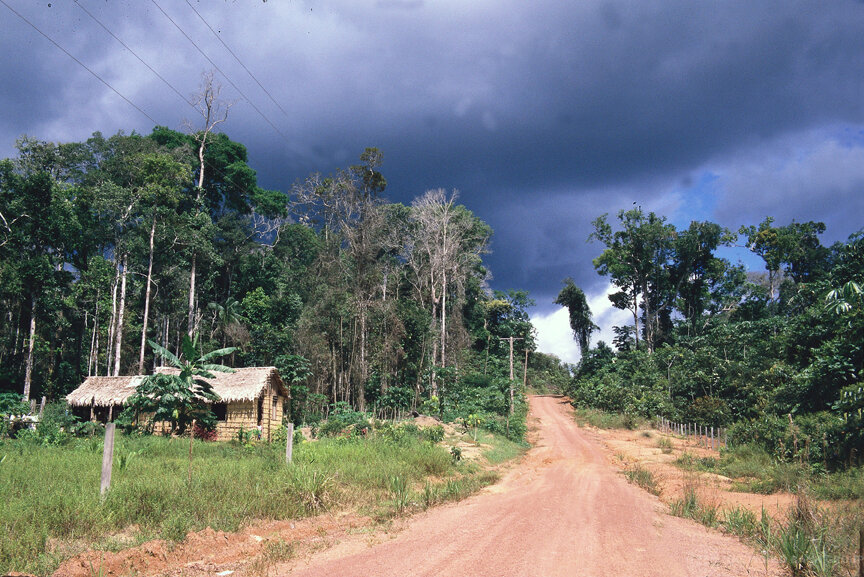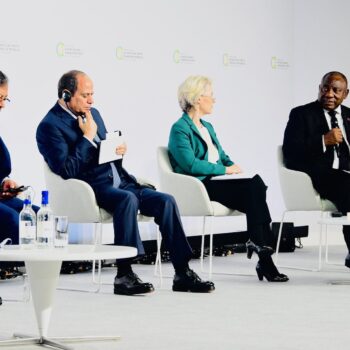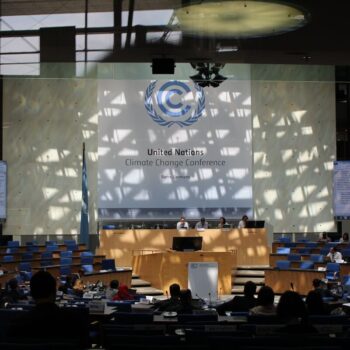Finance Ministers and Central Bank Governors of the Group of Twenty (G20) meet four times a year – February, April, July and October – and their April meeting is usually an important pivot point from ideation to implementation. This meeting, typically held on the margins of the IMF/World Bank Spring Meetings, closes the first phase of discussions in the G20’s Finance track, and points to the detailed agenda agreed upon by Finance Ministers, early results achieved, and direction of travel on key outstanding topics.
At the time this article was being written, the 2024 Brazilian presidency of the G20 had yet to publish any official account of the G20 Finance Ministers’ meeting in Washington D.C., held April 17-18, leaving us with more questions than answers.
This is unusual: even in challenging past circumstances, the Chair’s Summaries were always published shortly after G20 Finance meetings ended. Official statements, published right after a G20 Finance meeting was held, are critical to understanding whether and where progress was made. Typically, a communiqué will be published if consensus is reached on all topics; otherwise, as has been the case since the onset of the Ukraine war, the presiding G20 country will publish a “Chair’s Summary”. The reason why this has not happened this time around is not yet known.
Some information about the current priorities of G20 Finance Ministers can be gleaned, however, from official accounts of G20 Finance-related events held on the sidelines of the Finance ministerial meeting which have been published by the Brazilian presidency. In particular:
- Inequality and the fight against hunger are a major priority of the Brazilian presidency, alongside the climate challenge, with both issues straddling several tracks of the G20. The Brazilian presidency of the G20 created a Global Mobilization against Climate Change, known as “Taskforce CLIMA”. It also created a Global Alliance against Hunger and Poverty. In a side event on April 17th, Brazilian Finance Minister Haddad insisted on Brazil’s wish to identify solutions, including financial ones, to hunger and poverty in the context of its G20 Presidency.
- Tax reform continues to be central to discussions in this year’s G20 Finance track. This topic previously had top billing on the agenda of G20 Finance Ministers at their February 2024 meeting. The idea of a global wealth tax is emerging as a potential political deliverable under this G20 presidency; recommendations formulated by the EU Tax Observatory and coordinated by French economist Gabriel Zucman have been supporting Finance Ministers’ discussions. This matter has been linked to the mobilisation of new resources to fight both inequality and climate change. The statement published by G7 Finance Ministers on April 17, on the margins of the G20 meeting, reinforces that tax reform will be an important issue this year. The G7 statement signals support for the G20 presidency’s efforts, and recognises the need to ensure coordination across the various international initiatives underway that pertain to tax (from the new international tax taskforce launched at COP28 to the December 2023 vote on a UN tax convention).
- The development of economic policies and financing strategies in support of national transition plans to climate safety, and the role of country platforms, is another key discussion item for the Finance track.
We have few clues beyond these hints. Interestingly however, while no official summary of the recent G20 Finance Ministerial was provided, the Brazilian presidency of the G20 published a short press release highlighting the methodological importance of issues notes, prepared by Brazilian ministries, in structuring discussions in this year’s G20. It quotes the First Secretary of the Brazilian Ministry of Foreign Affairs in charge of the G20’s overall coordination: “We wanted our presidency to have an orientation. We needed clarity (…) about what Brasil wanted from the G20”.
Brazil’s ambition for its G20 presidency is much needed. The Presidency’s view, laid out in the press release referenced above, that this year’s G20 should be a “moment of harmonization, systematizing knowledge and building a portfolio of benchmark public policies”, is exactly the kind of directionality and ambition required in the current polycrisis.
To get there, however, Brazil will also have to display effective diplomacy: success at the G20 requires a steadfast commitment to building consensus, even in the most fraught context. This starts by communicating the state of play of discussions, acknowledging consensus wherever it is present, or absent. So far, the April Finance Ministers meeting leaves us with more questions than answers.


